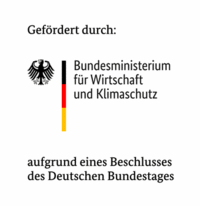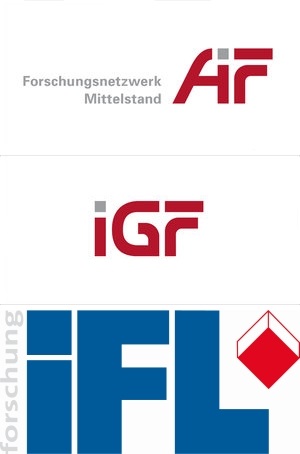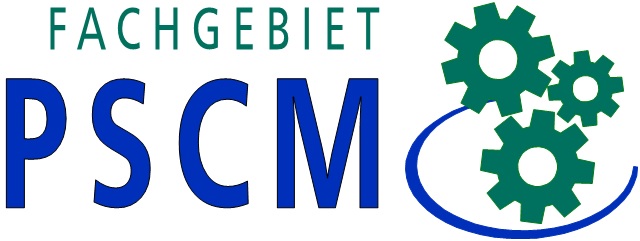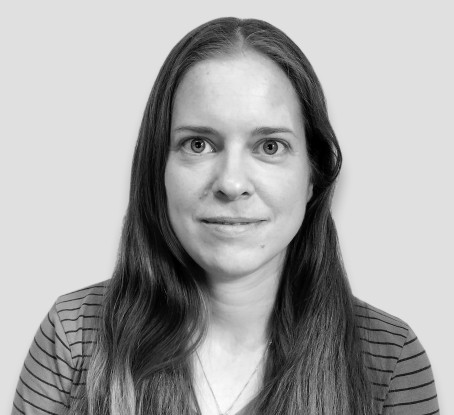Integration of economic and ergonomic parameters in holistic planning concepts of manual warehousing processes
The objective of the research project is to integrate economic and ergonomic parameters into mathematical planning models for manual warehousing processes, so that these can be used especially by small and medium-sized companies.


The relationship between warehouse processes, physical stress and fatigue is to be mapped in KPI-based models based on data collected from partner companies. By integrating the key figures into the planning models, statements about the optimal design of warehouse activities (such as storage space allocation and route planning) and the organization of order picking (such as weight limits, shift planning, job rotation models, use of technical aids and assistance systems) are to be derived.
The objective of the model development is to reduce physical stress, overstrain, and the risks of long-term health damage, while at the same time increasing the efficiency and quality of warehousing processes. The models developed by using a strongly interdisciplinary approach can be used across sectors as instruments for the technical-organizational design and human-oriented management of warehouse processes, especially in SMEs, in which the majority of intralogistic work is still done manually.
The IGF research project No.: 21292 N “Integration of economic and ergonomic parameters in holistic planning concepts of manual warehousing processes” has a duration from 01.10.2020 to 30.06.2022 and is funded by the Federal Budget 2020 of the Federal Ministry of Economic Affairs and Energy. Partners are Prof. Dr. Christoph Glock from the PSCM Institute, Jun.-Prof. Dr. Eric Grosse from Saarland University and Prof. Dr. Ralph Bruder and Dr. Jurij Wakula from the Institute of Ergonomics and Human Factors at the TU Darmstadt.


